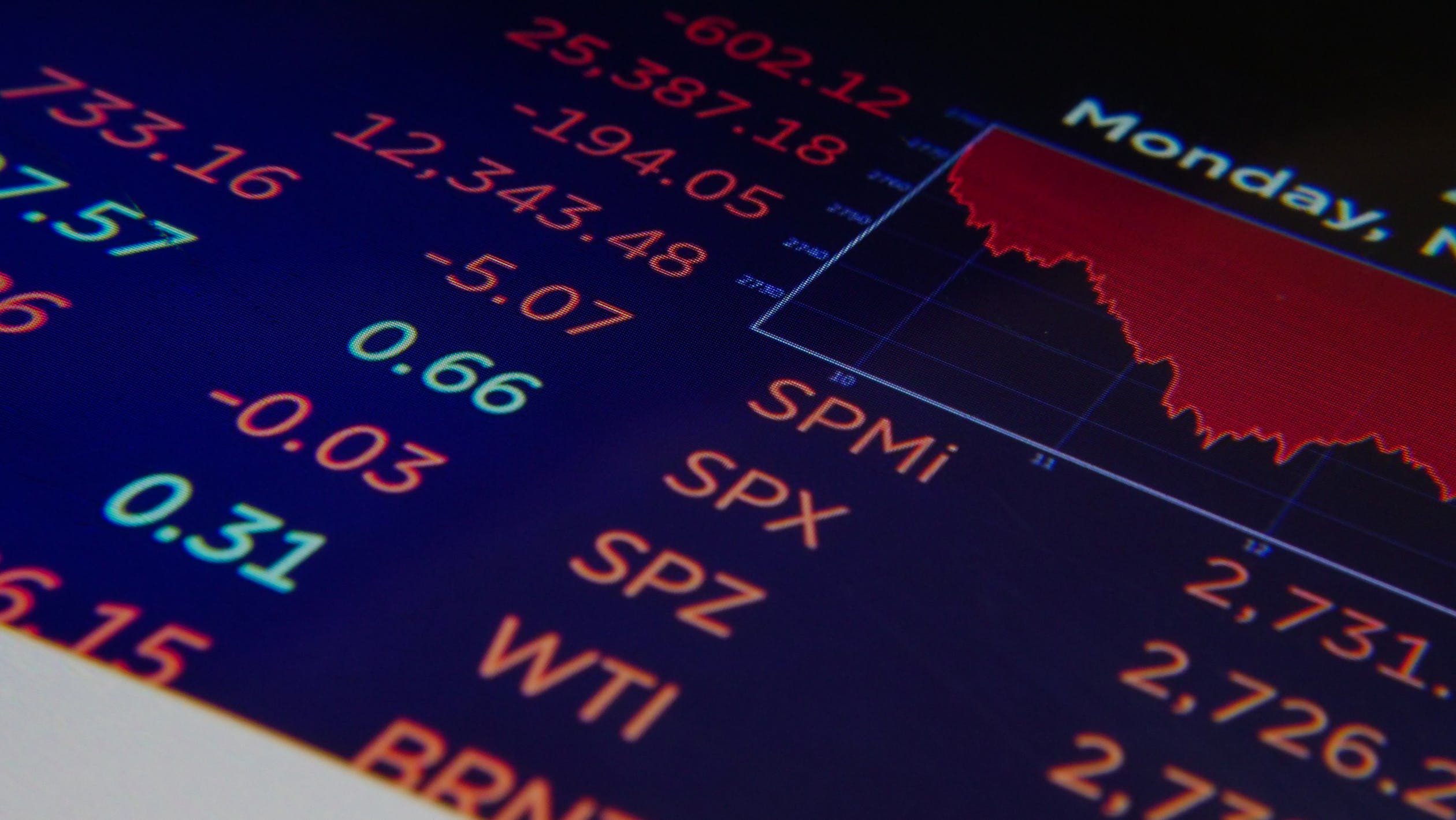
Forex rates refer to the prices of currencies. The forex market is filled with a myriad of currencies, which are the main commodities forex traders trade. Forex rates are not static. They keep changing every second, subject to various factors.
Numerous elements influence forex rates. However, this article delves into six major factors for a shift in foreign exchange rates.
Factors Influencing Foreign Trade Rates
1. Inflation rates
Inflation refers to the change in the prices of goods. Inflation is of two types, namely, high and low inflation. High inflation is characterized by high commodity prices, whereas low inflation is mainly characterized by low commodity prices. Inflation greatly affects a country’s foreign exchange rate given that it influences the people’s purchasing power.
Low inflation has a positive influence on a country’s value of a currency, thanks to the high purchasing power of goods and services. On the other hand, high inflation negatively impacts a country’s currency value. Hence, low inflation leads to the appreciation of the currency, while high inflation depreciates a currency.
2. Interest rates
Interest rates influence the value of a country’s currency in an almost direct way. Interest rates can either be high or low. High interest rates positively influence the value of a currency. High interest rates promise high returns to the lenders in the market. A persistently high interest rate causes a country’s currency value to appreciate.
On the contrary, low interest rates discourage lenders from lending as there is a loss in lending. Hence, the currency responds to the low interest rate by depreciating.
3. Political state
The political state of a country influences the behavior of a country’s exchange rate. The politics of a country play a huge role in determining whether the country’s currency will appreciate or depreciate.
A country experiencing peace and tranquility is attractive to foreign investors. High demand for the country’s currency by foreigners positively impacts the currency causing it to appreciate.
On the other hand, a country that is experiencing political instability negatively impacts business. Businesses close down, and foreign investors flee the county.
Also, the unpredictable negative political events discourage investors from purchasing the country’s currency. In the process, the country’s currency takes a nosedive, leading to its depreciation. Therefore, the country’s foreign exchange rate worsens.
4. Market speculation
Investors often gamble on how the future exchange rate. They look into the various factors affecting the exchange rate and how they are likely to influence it. If the investors expect the future exchange rate to rise, they will invest their money in the currency by purchasing it.
If the currency is to respond positively to the factors influencing it in place, then the exchange rate will respond positively by rising. However, if the speculators expect the exchange rate to fall, they avoid investing in the currency. If the factors causing the currency to fall come to pass, they cause the currency to fall, negatively impacting the exchange rate in the process.
5. Balance of payments (BoP)
This aspect is concerned with the difference between the imports and exports of a country. There can only be either a deficit or a surplus in the balance of payments. A deficit in the balance of payments implies that the imports are much more than the exports. On the other hand, a surplus in the balance of payment implies the exports exceed the imports.
A deficit implies that a country is experiencing difficulty in raising capital inflows. Hence, it is unable to sustain its negative current account. As a result, the country’s currency depreciates thus negatively impacting the rate of foreign exchange.
On the other hand, a surplus BoP implies a country has the ability to sustain its current capital account. It means there is high capital flowing into the country through increased exports. Thus, the currency appreciates and in the process impact positively on the country’s exchange rate.
6. Public debt
In some situations, the debt of a government can negatively impact a country’s exchange rate. If a country is experiencing difficulty remitting repayments for public debt, then the likelihood of default is great. Hence, investors find it best to sell their bonds and cause the country’s foreign exchange rate to drop.
Conclusion
The foreign exchange rate responds to various market elements causing it to either rise or fall. The main factors influencing foreign exchange rates comprise inflation, interest rate, political statuses, market speculation, the balance of payment, and government debts. A change in factors causes the forex rate to respond accordingly.







